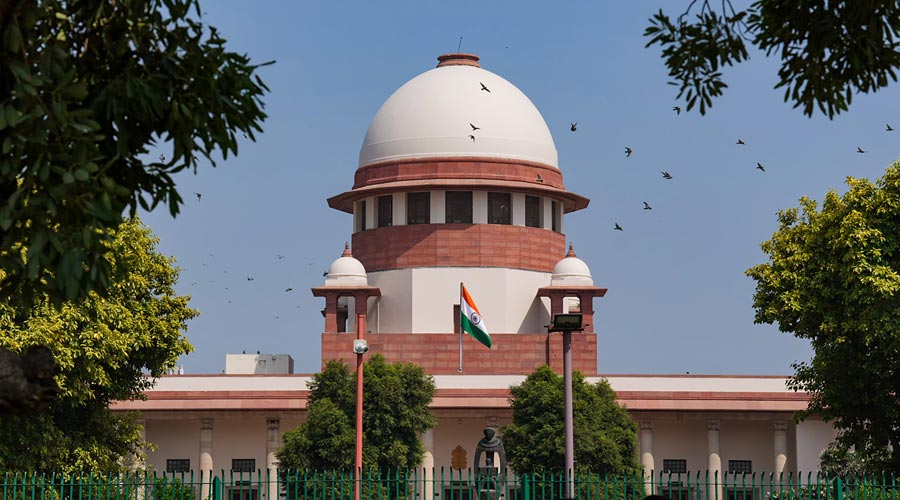The Supreme Court will hear a petition on November 3, seeking immediate and full implementation of the 33% Women’s Reservation Bill before the Parliamentary General Election in 2024. The plea was filed by Jaya Thakur, represented by advocates Varun Thakur and Varinder Kumar Sharma.
It is to be noted that the matter will be heard by Justice Sanjiv Khanna and Justice S.V.N. Bhatti. The petitioner has sought direction to declare the clause “after the delimitation is undertaken for this purpose after the relevant figures for the first census” in “The Constitution (One Hundred and Twenty-Eight Amendment) Bill 2023 (Nari Shakti Vandan Adhiniyam),” as “void-ab-initio.” This declaration is sought to enable the immediate and complete implementation of the 33 percent Women Reservation before the 2024 Parliamentary General Election.
The petitioner argued that a democratic process requires representation from all segments of society. However, for the past 75 years, there has been inadequate representation of women in both the parliament and State Legislature. It highlighted that this demand has remained pending for decades, and the parliament rightfully passed the aforementioned act to provide a 33% reservation. However, the provision stipulating that the act would be implemented “after the delimitation is undertaken for this purpose ‘after the relevant figures for the first census’” should be declared “void-ab-initio” to expedite the 33% women’s reservation.
The petitioner further stressed that a constitutional amendment should not be held in abeyance for an uncertain duration. It cited a legal precedent, “Bhavesh D. Parish and others Vs. Union of India and another,” which establishes the presumption of constitutional validity in enactments. Unless an amendment or enactment is declared unconstitutional, its effect and operation should not be suspended.























